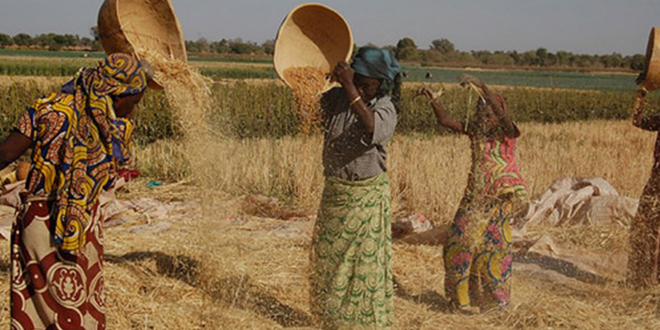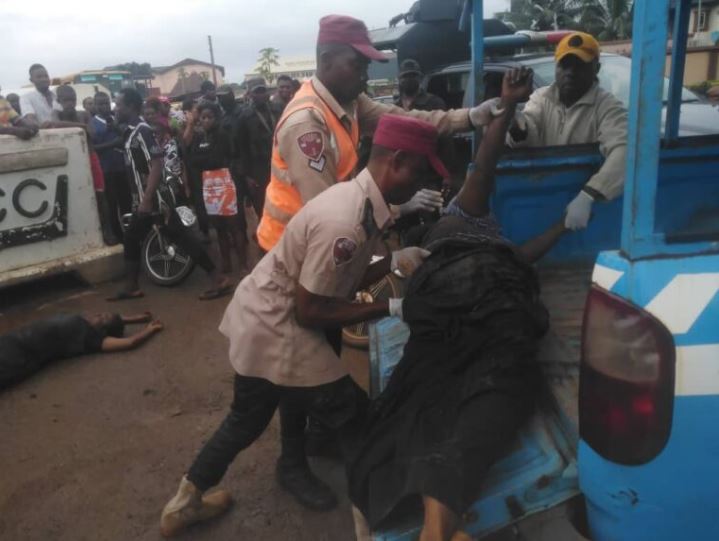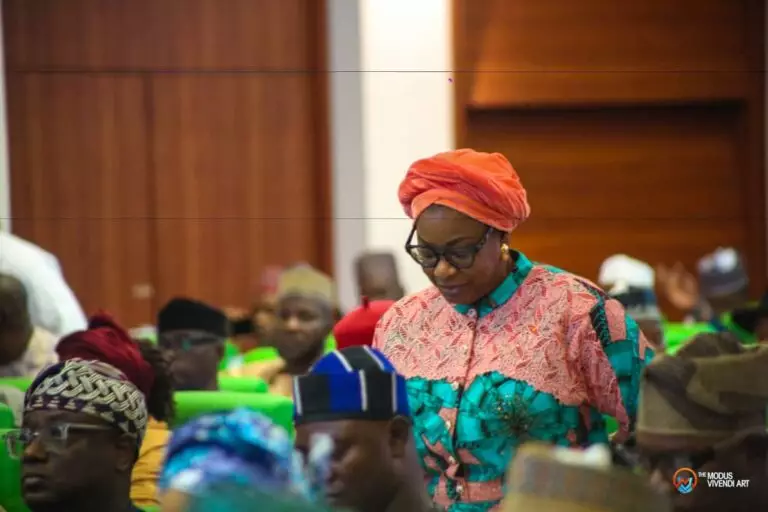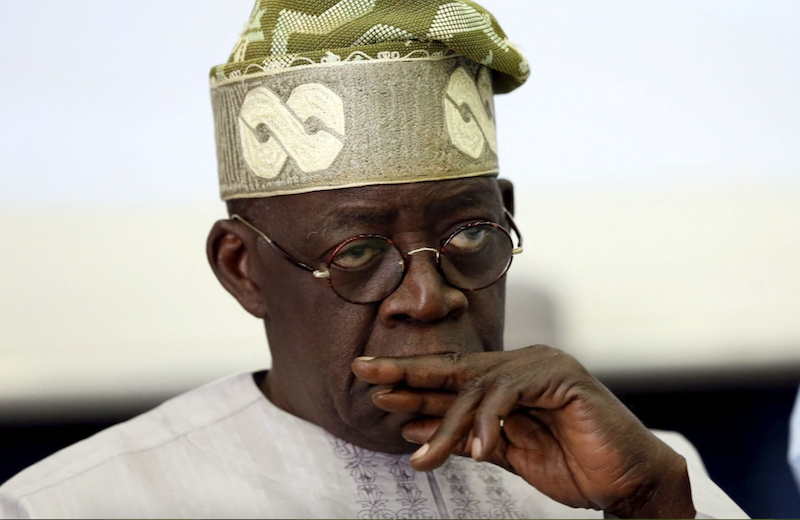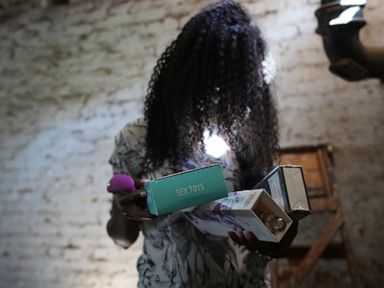Royal Spanish Football Federation (RFEF) President Luis Rubiales has admitted he “made a mistake” by giving Spain star Jennifer Hermoso a surprise kiss on the lips after the 33-year-old received her gold medal following the team’s Women’s World Cup final victory over England on Sunday.
Rubiales has faced widespread criticism for the incident, with politicians and journalists labeling his behavior “unacceptable” and “simply disgusting.”
“There’s an event, which I have to regret, which is everything that happened between the player and I, with a magnificent relationship between the two of us, the same as with the others,” the RFEF boss said in a video statement.
“And well, I surely made a mistake, I have to recognize that. In a moment of elation, without any intention of bad faith, well, what happened happened – I think in a very spontaneous way. I repeat, there was no bad faith between either of the two of us.
“Here, we didn’t understand it because we saw something natural, normal and in no way, I repeat, with bad faith. But outside of the bubble, it looks like it has turned into a storm and so, if there are people who have felt offended, I have to say I’m sorry.”
Rubiales was on stage for FIFA’s awards ceremony following the final, along with other dignitaries, including soccer’s world governing body president Gianni Infantino, Spain’s Queen Letizia and Australian Prime Minister Anthony Albanese.
Video shows Rubiales embracing Hermoso, then putting both hands on her head before kissing her. He then pats her on the back as she walks away.
“Hey, I didn’t like it, eh,” says Hermoso as she apparently answers questions about the incident in an Instagram live video – a clip of which was shared by Spanish journalist Irati Vida on X, the platform formerly known as Twitter.
Later in the Instagram live video – taken in Spain’s locker room – Hermoso fields a question from another woman: “But what were you doing, sis?” The 33-year-old replies: “But what am I supposed to do?”
On the radio program ‘El Tiempo de Juego’ on Cadena COPE, Hermoso spoke of the kiss on Sunday, saying “she didn’t expect it” but that “it was because of the emotion of the moment, there’s nothing more there. It’s just going to be an anecdote [of the time]. I’m absolutely sure it won’t be blown up more.”
Asked by Radio Marca about the incident with Hermoso, Rubiales replied: “The kiss with Jenni? There are idiots all over. When two people have a moment of affection without any importance, we can’t listen to idiocy. We’re champions and I stay with that.”
In his apology, Rubiales acknowledged he should “be more careful” when representing the RFEF as president at ceremonies and other important events.
He also followed up on his “idiocy” remark, explaining he saw it that way because “within the bubble, no one gave it the slightest bit of importance, but well, outside they have, right?
“So I also want to say sorry to these people because I understand that, if outside it was seen in a different light, surely they have their reasons,” he added.
Rubiales finished by saying he was “hurt” that this incident has cast a shadow over the team’s victory, describing it as one of the country’s greatest sporting successes.
“I think that we have to give all of the merit to these women, to the team led by Jorge Vilda and we have to celebrate it to the skies as much as we can,” he said.
Mounting criticism
On Monday, Spanish political party SUMAR called for Rubiales’ resignation, while Spain’s Minister of Culture and Sport, Miquel Iceta, told RTVE that the kiss was “unacceptable.”
“I think it’s unacceptable to kiss a player on the lips to congratulate her. And as far as I’ve seen … I think it has to be said. We all deserve respect,” Iceta said. “I think, first of all, what he has to do is give an explanation and show his reasoning. I think that’s the logical and rational thing.”
After Spain’s victory on Sunday, Alberto Ortega, of the Spanish newspaper El Confidencial, posted on X that, “Rubiales taking the trophy from the players to give it to Queen Leticia and kissing Jennifer Hermoso on the mouth is simply disgusting.”
“A new demonstration of the need to suck the camera [be the center of attention] and be the protagonist when it is not his turn,” added Ortega.

